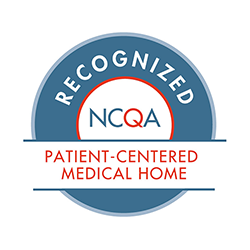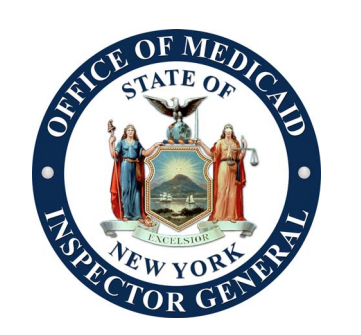Neurology
Our neurologists work to get to know you, your medical history and your immediate needs.
For medical concerns related to the nervous system, you should visit a neurologist. This type of doctor treats health problems related to the brain and the nerves. You may need this medical care if you have a lifelong neurological disorder or have recently developed symptoms related to your nerves or muscles.
At Long Island Select Healthcare (LISH), we offer neurology services at multiple locations.
Parts of the Nervous System
Neurologists are medical specialists who treat the nervous system. The main components of the nervous system are:
- Brain
- Nerves
- Spinal cord
Your nerves are in constant communication with your muscles, so neurologists also treat muscle issues. These are sometimes called neuromuscular conditions.
Symptoms That Might Indicate Neurological Concerns
Neurological disorders can show up with a wide range of symptoms. If you start experiencing any of these concerns, you may need to get them checked out by a neurologist:
- Balance problems
- Change in vision, smell or another one of your senses
- Coordination problems
- Confusion about your surroundings
- Long-term pain
- Muscle weakness
- Numbness of body parts
- Seizures
- Serious headaches
- Tingling sensations
- Vertigo
These symptoms do not always indicate neurological issues, but you may need to have them checked out in order to know for sure. You can talk to your primary care provider (PCP) about whether your symptoms warrant a visit to the neurologist.
Other Conditions That Neurologists Treat
For some patients, trips to the neurologist’s office are a regular part of life. Neurologists treat a variety of lifelong conditions. Some of these may be present from childhood. Others begin later but can persist for the rest of a person’s life.
Long-term neurological conditions include:
- Alzheimer’s disease and other forms of dementia
- Epilepsy
- Lou Gehrig’s disease
- Myasthenia gravis
- Multiple sclerosis
- Muscular dystrophy
- Narcolepsy
- Parkinson disease
You will also need neurological care if you have a stroke, a brain tumor or a spinal tumor.
If you have any of these conditions, it’s important to build a relationship with your medical center’s neurology department. Regular visits to your specialist are important for managing changes to your health, adjusting medications and treatments, and making sure that you’re in the best shape possible.
Tests for Neurological Concerns
Neurologists have many tools at their disposal for diagnosing neurological and neuromuscular conditions. The symptoms of neurological disorders often overlap, so it may take several examinations and tests to reach a diagnosis.
At your first visit, the doctor will start by learning about your medical history and the symptoms you are experiencing. You may also need to undergo simple in-office tests to demonstrate muscle strength, coordination, vision and memory. Blood and urine samples may be taken for testing as well.
If further information is needed, the doctor may recommend that you undergo testing with electrodes. For an electroencephalograph (EEG), the electrodes are placed on your scalp to record brain activity. An electromyogram (EMG) involves putting electrodes on your body to test nerve and muscle function.
The doctor may need to take a tissue or fluid sample from your body to examine it. A lumbar puncture is a procedure in which spinal fluid is removed with a needle. Biopsies are sometimes done to obtain a small piece of nerve or muscle tissue.
Imaging technology allows doctors to view things that happen inside your body. You may undergo an MRI, a CT scan or an angiography procedure.
Neurological Treatment Options
Learning that you have a neurological disorder may be frightening, but medication and other treatments may be able to help you regain normal function or slow the progression of your disease.
Prescription medications serve a variety of purposes in neurological care. Some thin your blood and break up clots to reduce your risk of having a stroke. Others reduce seizure activity, adjust the level of chemicals in your brain or affect your immune system.
The neurologist’s team may also suggest treatments like:
- Brain stimulation with electrodes
- Dietary adjustments
- Nerve blocks
- Pain-numbing creams
- Radiation therapy
- Surgery
You may need to use a combination of therapies, and it might take several tries to find the best treatment plan for you.
Schedule Your Neurological Services at LISH
Problems with your brain, nerves, spinal cord or muscles can cause pain, seizures, dizziness or changes in sensation. A neurologist is a medical specialist who treats acute and chronic conditions related to your body’s neuromuscular system.
The LISH neurology team sees patients at several locations in Suffolk County. Our areas of expertise include pediatric care and genetic conditions. We offer inclusive services that are available to patients of all ages, including those with developmental disabilities. Call (631) 650-2510 or use our online contact form to schedule an appointment.


















